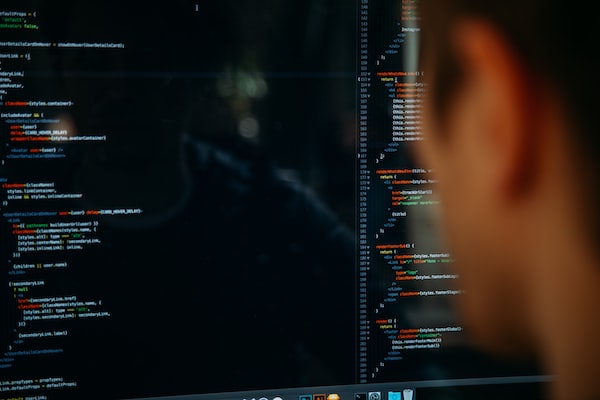As the world becomes more digitized, handling sensitive information must adapt to new risks. In health care, where personal information is routinely collected, data masking is one way to protect patients’ privacy. Data masking is the process of hiding original data with fake data, making the original data unreadable. This is done to protect the security and confidentiality of the original data. Keep reading to learn more about data masking meaning in health care.
What is the masking of data?
Data masking is the practice of obscuring sensitive data by replacing it with fake or random data. This is done to protect the privacy of individuals and organizations who provide information. In health care, masking is important for two reasons. Medical records contain personal information that must be protected, and health care providers are required to comply with the Health Insurance Portability and Accountability Act (HIPAA). HIPAA requires that patients’ medical records be kept confidential. Masking helps protect patient privacy by making it difficult to identify individual patients from their medical records.
What are some best practices for data masking in healthcare?
Some best practices that could be implemented for data masking in healthcare organizations include the following:
- Limit access to masked data only to those who need it to perform their job duties.
- Use strong security controls to protect masked data from unauthorized access or use. Healthcare providers should also regularly test their security controls to ensure they effectively protect protected health information (PHI).
- Establish a data masking policy. This policy should outline the specific reasons why data masking is being used, the types of data that will be masked, and the methods that will be used to mask the data.
- Implement a process for regularly reviewing the data masking process to ensure that it’s effective and still meets the organization’s needs.
- Train all employees on the importance of data masking and the procedures for properly masking data.
- Identify the individuals who will be responsible for implementing and overseeing the data masking process.
- Implement a system for tracking the access and use of masked data.
How can masking help with patient privacy?

When it comes to health care data, masking is one of the most effective ways to protect sensitive information. By replacing sensitive data with a non-sensitive equivalent, providers can ensure that their patient’s privacy is protected while allowing the data to be used for analysis and reporting.
Data masking is an important security technique for healthcare organizations because it helps protect patient information from unauthorized access. Data masking can protect patient names, addresses, Social Security numbers, and other confidential information. By disguising this information, data masking helps prevent identity theft and fraud. It also helps ensure that patients’ personal data is not compromised in the event of a data breach.
One of the biggest benefits of data masking is that it enhances patient privacy. When you’re a healthcare provider, common health questions that men have could include anything from general to much more personal. When patient data is masked, it’s replaced with fictitious data that is not associated with any individual patient. This helps to protect the privacy and identity of patients and ensures that unauthorized individuals do not access their data.
Data masking is critical in the healthcare industry to protect patient’s privacy. It helps to ensure that only authorized individuals have access to sensitive data and that this data is properly protected when it’s being used. This is an important security measure to prevent unauthorized access and protect patients. Health care providers have been the target of cyberattacks, and the theft of patient data can have serious consequences.





